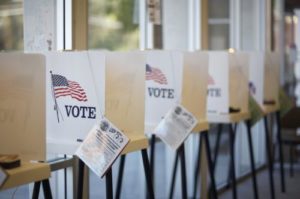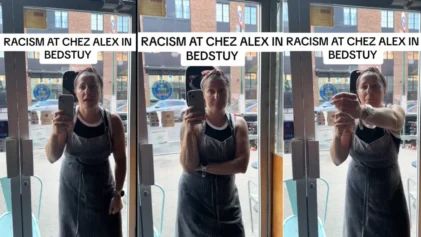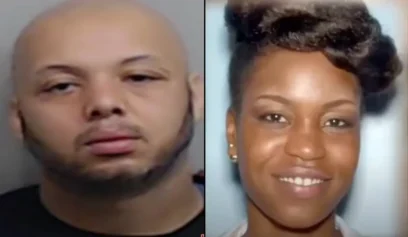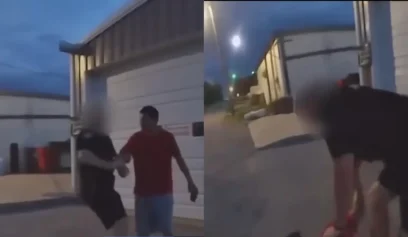Of the 1.5 million Florida residents barred from voting due to a prior felony conviction, almost a quarter are African-American. But, a newly proposed referendum seeking to repeal the state’s felony voting restriction could restore those rights.
After advocates spent a number of years gathering the required 68,314 petition signatures, the Florida Supreme Court on Monday announced that it would consider a proposal allowing a referendum on the the 2018 ballot asking state voters to roll back Florida’s felony voting restriction law, the Intercept reported. The court is expected to review the proposal on March 7.
According to nonpartisan website Ballotpedia, the Florida Voting Rights Restoration for Felons Initiative of 2018 would essentially restore voting rights to individuals with felony convictions upon completion of their sentences. It would not, however, reinstate voting rights to persons convicted of murder or a sexual felony offense.
Desmond Meade, an ex-felon and the chairman of the Floridians for a Fair Democracy, the group spearheading the effort to repeal the state’s felony disenfranchisement statute, has spent years collecting signatures for the ballot initiative and said he’s optimistic about the high court’s decision to consider the group’s proposal.
“To the best of my recollection, never before has a purely grassroots effort gotten as far as triggering a [Florida] Supreme Court review,” Meade said. “This is a major milestone.”
The odds of a favorable ruling by the court are that much higher after the Florida Division of Elections reportedly filed a motion supporting the proposed ballot initiative, Florida’s WMFE news radio station reported.
It’s a known fact that a large majority of the Sunshine State’s disenfranchised voters are Democratic minorities and advocates for the restored voting rights of felons have argued that the disproportion is a civil rights disaster that may very well have impacted the outcome of key elections, like the George W. Bush vs. Al Gore presidential race of 2000.
Those voters also could have affected Trump’s victory in the key swing state in this year’s contentious presidential election. He won Florida by a margin less than a tenth the size of the state’s disenfranchised population, according to The Intercept.
The Florida Supreme Court’s decision to review the group’s proposed referendum is good news, however, the campaign’s next steps include gathering another 600,000 petition signatures – nearly 10 times the initial amount – in order to move forward. Now, Meade is working to quickly expand interest in the pressing issue in order to get enough people on board in time.
“We weren’t getting funding or anything, so it took more time,” Meade said of the campaign. “But we’ll need 10 times as many people now.”
Efforts to restore the voting rights of felons have been successful in other states this past year. In April, Virginia Gov. Terry McAuliffe signed an executive order reinstating the voting rights of millions of felons who had permanently been disenfranchised due to their previous convictions. States like Louisiana, however, are still struggling to make progress, as 700,000 convicted felons barred from voting filed a class-action lawsuit against the state.



